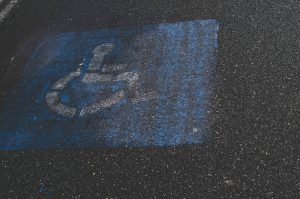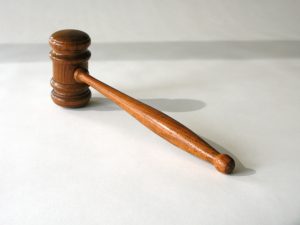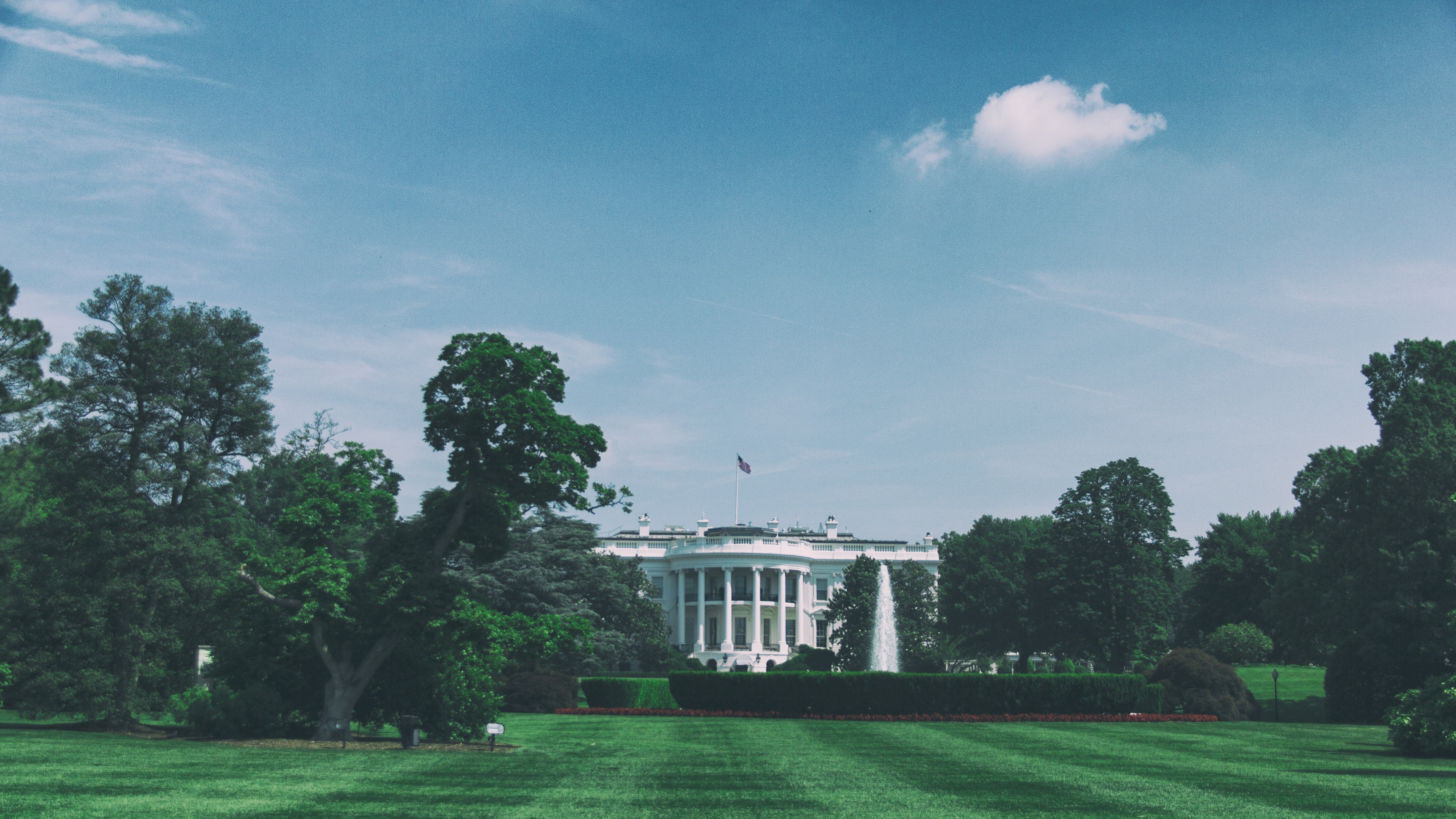It is no secret that, as a whistleblower’s law firm, we are big fans of the False Claims Act (“FCA” or “the Act”). The Act holds liable any person/entity that presents a false or fraudulent claim for payment to the federal government (or an agency thereof) and/or create false records to that end. In essence, it forbids overcharging the government for goods or services or charging for goods/services that are never delivered. The Act’s qui tam provision is particularly powerful since it enables private individuals to bring suits on the government’s behalf. This is key because it is often private parties, rather than the government itself, who are aware of these fraudulent schemes. Recent trends show that the legislature and the courts are committed to working with whistleblowers and, more generally, to using the False Claims Act as a powerful tool to battle health care fraud and other forms of fraud on the U.S. government.
DOJ Nearly Doubles Per Claim False Claims Act Penalties
As Becker’s Hospital Review, a healthcare industry journal, reported last month, the Department of Justice (“DOJ”) recently published an interim final rule substantially increasing the monetary penalty for violations of the FCA. Previously, penalties ranged from $5,500 to $11,000 per claim. The new penalties nea rly double the old ones and range from $10,781 to $21,563. These increased penalties took effect on August 1 and only apply to violations occurring after November 2, 2015. The increase was made pursuant to the Bipartisan Budget Act of 2015 which required agencies to increase FCA penalties and authorized rulemaking to implement a “catch up adjustment” to account for inflation. The DOJ is just one of the agencies updating penalties (the Railroad Retirement Board was the first), but it is certainly among the most impactful.
rly double the old ones and range from $10,781 to $21,563. These increased penalties took effect on August 1 and only apply to violations occurring after November 2, 2015. The increase was made pursuant to the Bipartisan Budget Act of 2015 which required agencies to increase FCA penalties and authorized rulemaking to implement a “catch up adjustment” to account for inflation. The DOJ is just one of the agencies updating penalties (the Railroad Retirement Board was the first), but it is certainly among the most impactful.
 While qui tam cases brought under the False Claims Act (FCA) are often related to health care, qui tam cases can be in connection to any type of claim made to the federal government for payment. In addition to the health care industry, defense contractors are another area in which the government is vulnerable to fraudulent schemes. For example, Lockheed Martin Corporation has agreed to settle FCA allegations by paying the federal government $4.4 million. Lockheed is accused of providing defective communications systems to the U.S. Coast Guard.
While qui tam cases brought under the False Claims Act (FCA) are often related to health care, qui tam cases can be in connection to any type of claim made to the federal government for payment. In addition to the health care industry, defense contractors are another area in which the government is vulnerable to fraudulent schemes. For example, Lockheed Martin Corporation has agreed to settle FCA allegations by paying the federal government $4.4 million. Lockheed is accused of providing defective communications systems to the U.S. Coast Guard. Healthcare Fraud Lawyer Blog
Healthcare Fraud Lawyer Blog


 The Department of Justice (DOJ) announced on June 7 that the U.S. is intervening in a
The Department of Justice (DOJ) announced on June 7 that the U.S. is intervening in a







